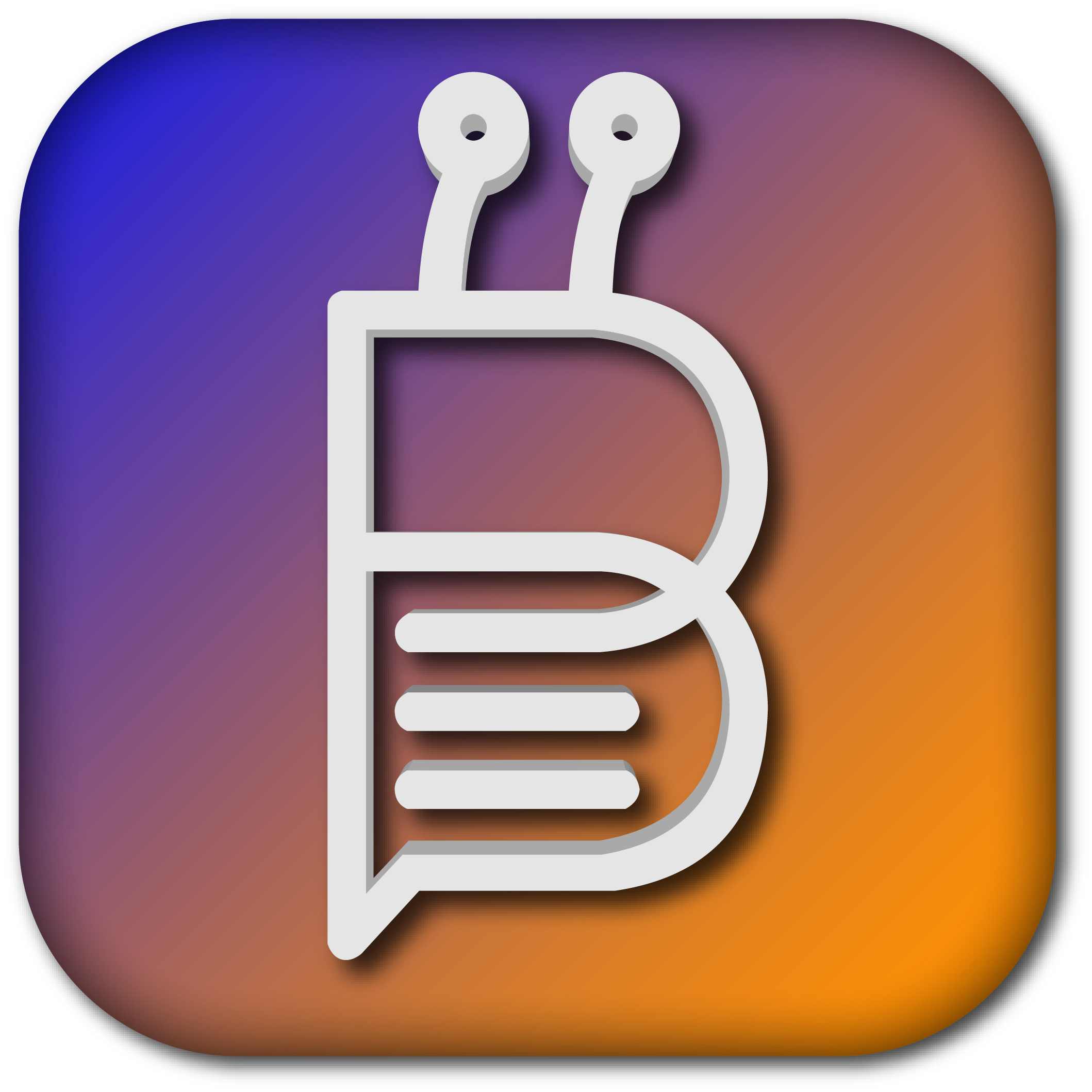Home
Upload Photo
Upload Videos
Write a Blog
Analytics
Messaging
Streaming
Create Adverts
Creators Program
Bebuzee Afghanistan
Bebuzee Albania
Bebuzee Algeria
Bebuzee Andorra
Bebuzee Angola
Bebuzee Antigua and Barbuda
Bebuzee Argentina
Bebuzee Armenia
Bebuzee Australia
Bebuzee Austria
Bebuzee Azerbaijan
Bebuzee Bahamas
Bebuzee Bahrain
Bebuzee Bangladesh
Bebuzee Barbados
Bebuzee Belarus
Bebuzee Belgium
Bebuzee Belize
Bebuzee Benin
Bebuzee Bhutan
Bebuzee Bolivia
Bebuzee Bosnia and Herzegovina
Bebuzee Botswana
Bebuzee Brazil
Bebuzee Brunei
Bebuzee Bulgaria
Bebuzee Burkina Faso
Bebuzee Burundi
Bebuzee Cabo Verde
Bebuzee Cambodia
Bebuzee Cameroon
Bebuzee Canada
Bebuzee Central African Republic
Bebuzee Chad
Bebuzee Chile
Bebuzee China
Bebuzee Colombia
Bebuzee Comoros
Bebuzee Costa Rica
Bebuzee Côte d'Ivoire
Bebuzee Croatia
Bebuzee Cuba
Bebuzee Cyprus
Bebuzee Czech Republic
Bebuzee Democratic Republic of the Congo
Bebuzee Denmark
Bebuzee Djibouti
Bebuzee Dominica
Bebuzee Dominican Republic
Bebuzee Ecuador
Bebuzee Egypt
Bebuzee El Salvador
Bebuzee Equatorial Guinea
Bebuzee Eritrea
Bebuzee Estonia
Bebuzee Eswatini
Bebuzee Ethiopia
Bebuzee Fiji
Bebuzee Finland
Bebuzee France
Bebuzee Gabon
Bebuzee Gambia
Bebuzee Georgia
Bebuzee Germany
Bebuzee Ghana
Bebuzee Greece
Bebuzee Grenada
Bebuzee Guatemala
Bebuzee Guinea
Bebuzee Guinea-Bissau
Bebuzee Guyana
Bebuzee Haiti
Bebuzee Honduras
Bebuzee Hong Kong
Bebuzee Hungary
Bebuzee Iceland
Bebuzee India
Bebuzee Indonesia
Bebuzee Iran
Bebuzee Iraq
Bebuzee Ireland
Bebuzee Israel
Bebuzee Italy
Bebuzee Jamaica
Bebuzee Japan
Bebuzee Jordan
Bebuzee Kazakhstan
Bebuzee Kenya
Bebuzee Kiribati
Bebuzee Kuwait
Bebuzee Kyrgyzstan
Bebuzee Laos
Bebuzee Latvia
Bebuzee Lebanon
Bebuzee Lesotho
Bebuzee Liberia
Bebuzee Libya
Bebuzee Liechtenstein
Bebuzee Lithuania
Bebuzee Luxembourg
Bebuzee Madagascar
Bebuzee Malawi
Bebuzee Malaysia
Bebuzee Maldives
Bebuzee Mali
Bebuzee Malta
Bebuzee Marshall Islands
Bebuzee Mauritania
Bebuzee Mauritius
Bebuzee Mexico
Bebuzee Micronesia
Bebuzee Moldova
Bebuzee Monaco
Bebuzee Mongolia
Bebuzee Montenegro
Bebuzee Morocco
Bebuzee Mozambique
Bebuzee Myanmar
Bebuzee Namibia
Bebuzee Nauru
Bebuzee Nepal
Bebuzee Netherlands
Bebuzee New Zealand
Bebuzee Nicaragua
Bebuzee Niger
Bebuzee Nigeria
Bebuzee North Korea
Bebuzee North Macedonia
Bebuzee Norway
Bebuzee Oman
Bebuzee Pakistan
Bebuzee Palau
Bebuzee Panama
Bebuzee Papua New Guinea
Bebuzee Paraguay
Bebuzee Peru
Bebuzee Philippines
Bebuzee Poland
Bebuzee Portugal
Bebuzee Qatar
Bebuzee Republic of the Congo
Bebuzee Romania
Bebuzee Russia
Bebuzee Rwanda
Bebuzee Saint Kitts and Nevis
Bebuzee Saint Lucia
Bebuzee Saint Vincent and the Grenadines
Bebuzee Samoa
Bebuzee San Marino
Bebuzee São Tomé and Príncipe
Bebuzee Saudi Arabia
Bebuzee Senegal
Bebuzee Serbia
Bebuzee Seychelles
Bebuzee Sierra Leone
Bebuzee Singapore
Bebuzee Slovakia
Bebuzee Slovenia
Bebuzee Solomon Islands
Bebuzee Somalia
Bebuzee South Africa
Bebuzee South Korea
Bebuzee South Sudan
Bebuzee Spain
Bebuzee Sri Lanka
Bebuzee Sudan
Bebuzee Suriname
Bebuzee Sweden
Bebuzee Switzerland
Bebuzee Syria
Bebuzee Taiwan
Bebuzee Tajikistan
Bebuzee Tanzania
Bebuzee Thailand
Bebuzee Timor-Leste
Bebuzee Togo
Bebuzee Tonga
Bebuzee Trinidad and Tobago
Bebuzee Tunisia
Bebuzee Turkey
Bebuzee Turkmenistan
Bebuzee Tuvalu
Bebuzee Uganda
Bebuzee Ukraine
Bebuzee United Arab Emirates
Bebuzee United Kingdom
Bebuzee Uruguay
Bebuzee Uzbekistan
Bebuzee Vanuatu
Bebuzee Venezuela
Bebuzee Vietnam
Bebuzee World Wide
Bebuzee Yemen
Bebuzee Zambia
Bebuzee Zimbabwe

Verify You're Human
To protect our platform from abuse, please complete the CAPTCHA below.